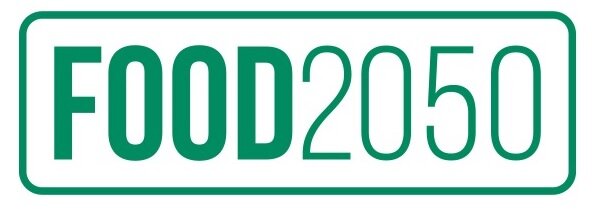The Science
In order to measure the impact of food consumption around the globe, a team of scientists from the ZHAW (Zurich University of applied sciences) built a comprehensive food database which measures the following criteria:
Emissions
Water
Energy
Waste
Through a sophisticated recipe tool, hospitality operators can develop their recipes and are provided an instant score of the environmental footprint measured in Eco-Points (EP). FOOD2050 complements the recipe tool through a selection of pre-defined recipes which have been optimized to reduce their impact on the planet. Food service operators can use these recipes as guidelines to help them contribute to a healthier food system.
For more information on the scientific model please visit the ZHAW Website
Eco-Points
To understand sustainability in an everyday context without making it complicated, we need to measure it in a way that everyone understands. FOOD2050 has therefore developed common references that highlight how many EPs can be saved by consuming a specific product compared to the Swiss national meal average.
Rating Scale
All FOOD2050 products and recipes are by definition at least better than the national average in whichever country the products are consumed. The rating scale ranges from E (minimal positive impact) to A (maximum positive impact). Although the consumption of any FOOD2050 product already improves an individuals footprint on the planet, A rated products can improve the environmental damage by as much as 40% over E rated products.



